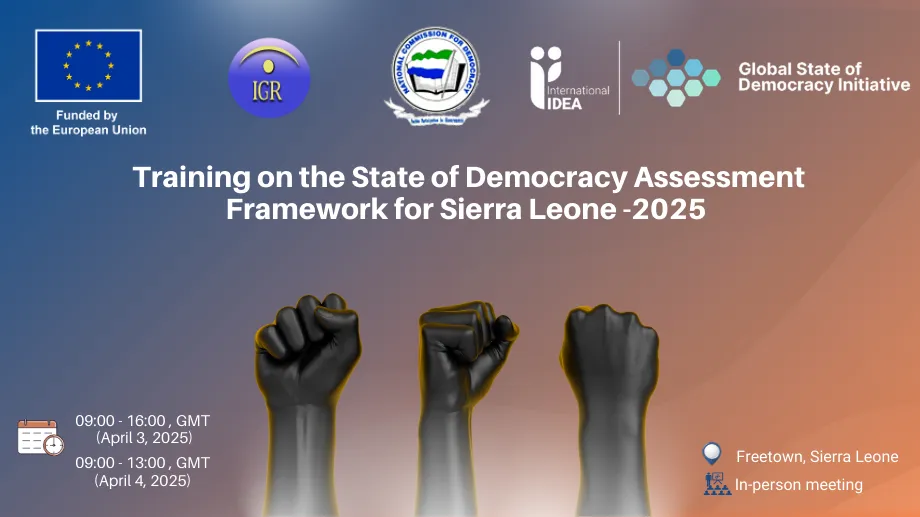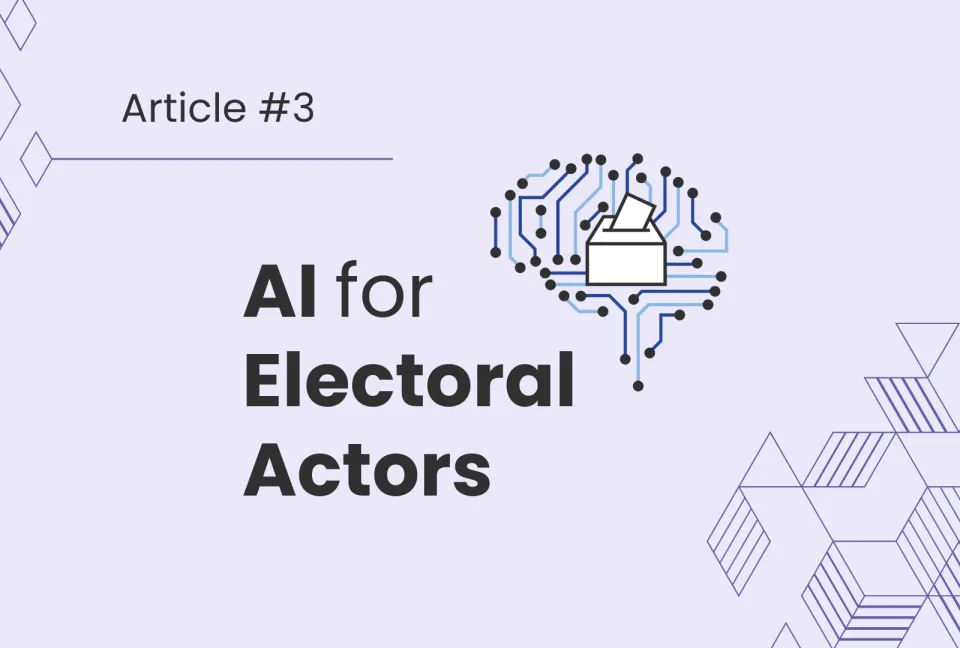Building Back Better: Democratic Accountability Assessment of Service Delivery after Typhoon Haiyan

Philippines © UPCIDS
November 2013 saw Typhoon Haiyan hit the Philippines. One of the strongest in history, it killed more than 6,300 people and left behind it a trail of unprecedented devastation.
Among the particularly impacted victims were the inhabitants of Guiuan (in Eastern Samar) and Palo (Leyte). Typhoon Haiyan (locally referred to as Yolanda) destroyed entire areas indiscriminately, including housing, livelihoods, essential infrastructure, roads and green belts. Consequentially, one of the most important tasks after immediate first-aid was to rebuild local infrastructure and most importantly, address the immediate need for families to have roofs over their heads.
As is often the case, the immediate response to address emergency needs for basic shelter, was later treated as long-term housing for survivors. Yet, shelter constructions which were designed with a limited shelf-life in mind do not always adhere to the standards needed for long-term housing. This is especially the case when building in a generally disaster prone area, such as the coastal Philippines. Just a passing look at the issue highlights the difficulties all involved had to face, but when you take into consideration the ravaging chaos of regulations and actions shortly after the disaster, the matter is significantly more complicated. Witnessing survivors’ evident need for housing amidst the confusion of different actors prompted International IDEA’s partners (the University of the Philippines Center for Integrative and Development Studies, Guiuan Development Foundation, and Politracs) to initiate an assessment of democratic accountability structures in the delivery of housing units to families whose homes and livelihood had been destroyed by Typhoon Haiyan.
The team followed International IDEA’s Democratic Accountability in Service Delivery guide, a framework centered on the belief that citizens need to be at the heart of every assessment and that only true local ownership can provide answers to pressing questions. Starting in 2015, the respective assessment teams in Manila, Guiuan and Palo worked hand in hand to analyse the accountability structures in delivering housing to survivors, reflecting on the insights of affected communities and addressing their needs and recommendations.
The finalised report “Building Back Better: A Democratic Assessment of Service Delivery after Typhoon Haiyan” was launched on the 1st of September 2016. The occasion was used not only to launch the report, but also to organise a national level discussion forum on the issue of disaster related shelter provision. Among the attendees was a broad mix of local politicians, public housing agency officials, local and international non-governmental, civil society and international governmental organisations, as well as academics and media representatives.
The report’s analysis concluded that one of the main challenges was accountable and transparent relationships and proceedings between the different responsible agencies on different levels. Ranging from national umbrella coordinators, sub-regional, or local level posts, the involvement of different actors seemed complicated and could have been organised more effectively. This is particularly the case when you consider how little information trickled down to the local level and how concerns, questions and needs of local communities were addressed. This lack of accountability and communication further led to duplication of tasks and unclear beneficiary identification criteria, which confused potential beneficiaries. A main issue was that many responsibilities lay with local governance units, who were under-staffed and financially ill equipped to address problems sufficiently. Other significant results included the lack of monitoring and evaluation cycles as well as a lack of functioning enforceability mechanisms.
International IDEA has encountered several cases in which the lack of efficient, effective and context specific enforceability mechanisms have further decreased already weak accountability structures. Often it is by eroding people’s trust in the rule of law and the impact accountability regulations that could have been implemented coherently.
All these issues and more were discussed in a lively manner during the forum, where the consensus to take further action on the issue became clear. All active participants agreed that the assessment report’s launch was only the first step on a road towards reform oriented action and a discussion that will feed into the Philippines’ continued improvement of shelter delivery.



